What a load of utter tripe Bodyguard (BBC1, Sundays) was. Admittedly, I came to it late having missed all the sex scenes with Keeley Hawes and Robb Stark, which may have dazzled me in the way they seem to have dazzled many impressionable viewers.
Sex scenes in TV drama are a bit like the chaff used by fighters to distract radar-guided missiles. You’re so busy feeling simultaneously awkward and embarrassed and half-titillated, covering your eyes with your fingers, wishing your other half wasn’t watching with you because then it would be proper porn and you could enjoy it, that you sometimes forget to notice what convoluted, implausible tosh the surrounding drama is. That, I seem to recall, was how I managed to waste at least three hours of my life last year on Apple Tree Yard.
Even more distracting than the gratuitous sex, mind you, was the diversity casting. The whole exercise was like an extended United Colours of Benetton advert, with black female snipers, an Indian/Pakistani SWAT team head, an oriental bomb disposal expert, etc. If you sincerely believe — as the BBC demonstrably does — that the primary function of contemporary TV drama is to act as a make-work scheme for BAME actors then this is admirable. But from the point of view of most viewers it is distracting, insulting and discomfiting — for it forces you into noticing something you’d rather not be forced to notice.
Worse still than the diversity stuff, though, is the relentless equality agenda. Many of us are old enough to remember ‘The Worm That Turned’, the brilliant Two Ronnies mini-serial about a dystopian future in which the world was ruled by bossy, humourless women. Well, just under 40 years on that world has arrived, only without the consolation of street patrols by blonde hotties in skimpy leather stormtrooper outfits. In BBC dramas now, it is absolutely de rigueur for anyone in any position of authority, including most of the police force, to be a strong, capable, confident woman. That includes, in this case, the female Muslim suicide bomber who — to allay any concerns that this might be racist stereotyping — was indulged with a little speech at the end announcing how proud and omnicompetent she was, not some male jihadist’s stooge, but an independent trained engineer with a mind of her own.
I wonder, do BBC writers like Jed Mercurio feel any twinges of artistic self-disgust as they churn out this Social Justice Warrior propaganda? Isn’t it a bit like being a composer under Stalin, knowing you’re free to write whatever music you want, so long as it’s revolutionary, anti-bourgeois and celebrates the struggles and triumphs of the proletariat? Do they never worry at all what the audience might think?
They should because some of us have had just about enough. If it weren’t required for my job, I would seriously be thinking about stopping paying my licence fee. It’s a monstrous injustice — and, of course, a betrayal of its charter principles — for the BBC to charge people £150 a year on pain of imprisonment only to spit in their faces if they don’t hold the correct ‘woke’ views on anything from climate change and the EU to multiculturalism and feminism. My prediction is that the BBC is going to become increasingly marginal, partisan and irrelevant.
That’s why I was quite interested to see that Michael Palin in North Korea, a series which would have once been a dead cert for BBC1 or BBC2, was on Channel 5. Currently owned by Viacom, Channel 5 used to be something you only watched in extremis or by accident. But its ratings are growing, and understandably so for it is now filling several important gaps largely vacated by the BBC.
One of these is the bread-and-butter documentary. The BBC doesn’t do these any more: almost invariably, the agenda overwhelms the content. So, for example, if it’s history, it has to be presented by a woman or an ethnic minority and skewed with a politically correct message. A classic example was King Arthur’s Britain: The Truth Unearthed on BBC2 the other week. Presented by the ubiquitous (if perfectly unexceptionable) Alice Roberts, it lined up various early medieval experts to explain to us how in our glorious past national identity was much more fluid than it is now and everyone was much more comfortable about absorbing vibrant different cultures. Gosh, what can the subtext possibly have been?
Whereas with Channel 5, what you see is what you get. Michael Buerk’s How the Victorians Built Britain (Saturdays), for example, tells you most of the stuff you need to know about the Industrial Revolution, why they built the Manchester ship canal, how the sewing machine changed fashion, and so on. You don’t get quite the production values that the overindulged BBC can still afford. But you don’t get the PC bollocks either, for which relief much thanks.
Got something to add? Join the discussion and comment below.
Get 10 issues for just $10
Subscribe to The Spectator Australia today for the next 10 magazine issues, plus full online access, for just $10.
You might disagree with half of it, but you’ll enjoy reading all of it. Try your first month for free, then just $2 a week for the remainder of your first year.


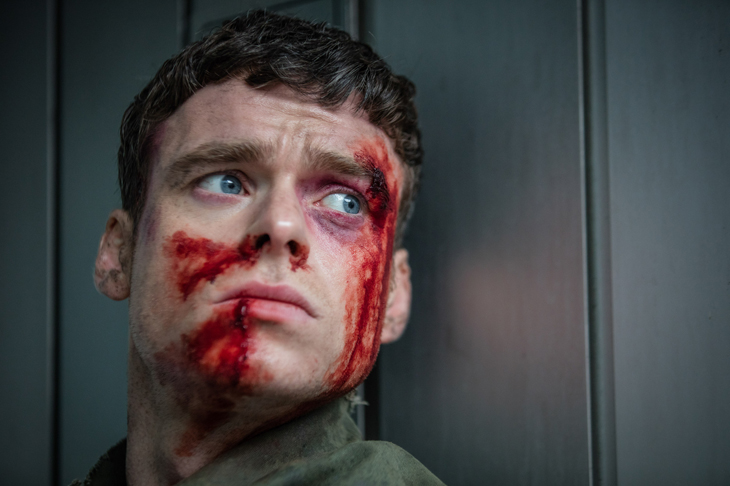
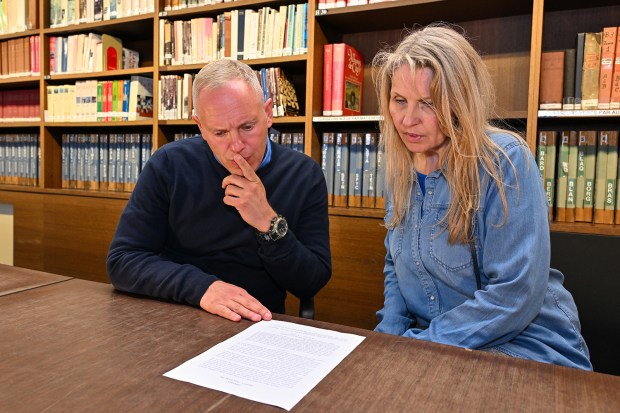
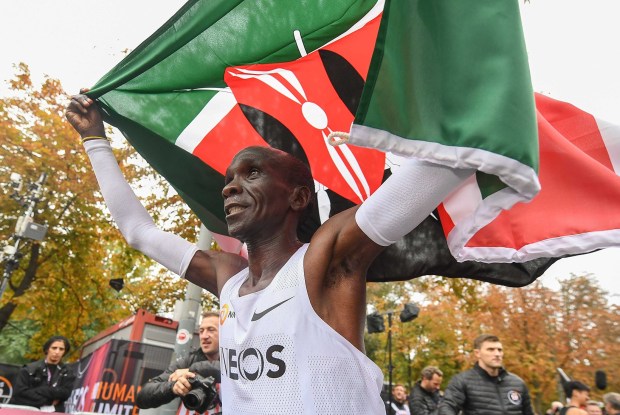
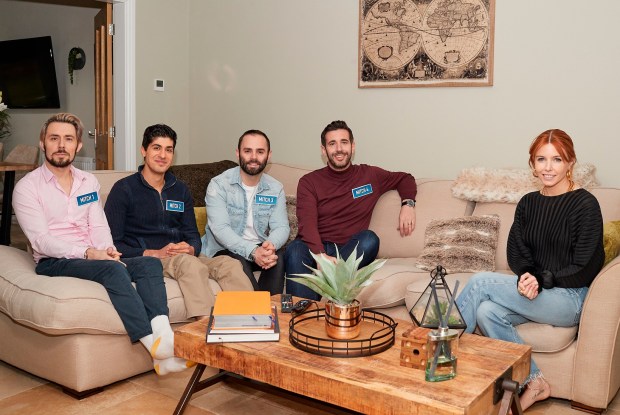
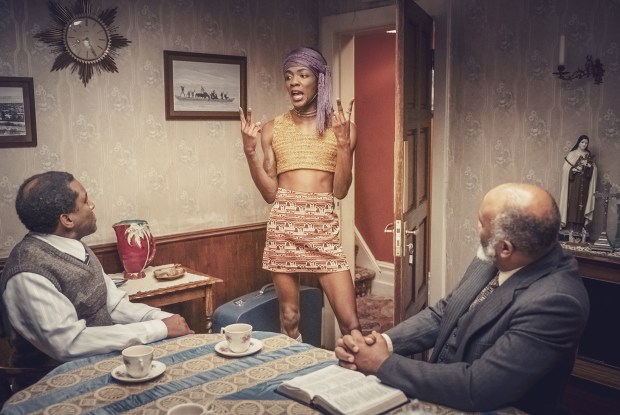
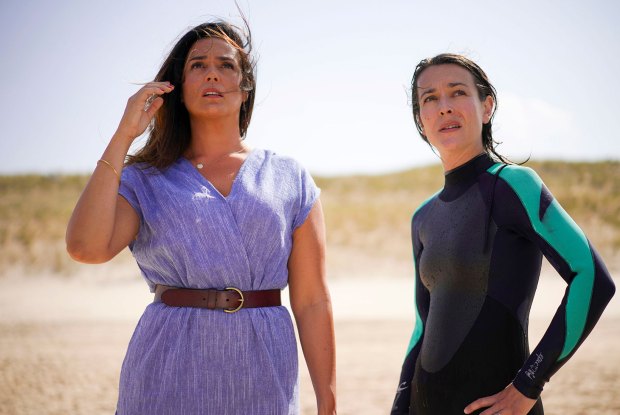







Comments
Don't miss out
Join the conversation with other Spectator Australia readers. Subscribe to leave a comment.
SUBSCRIBEAlready a subscriber? Log in